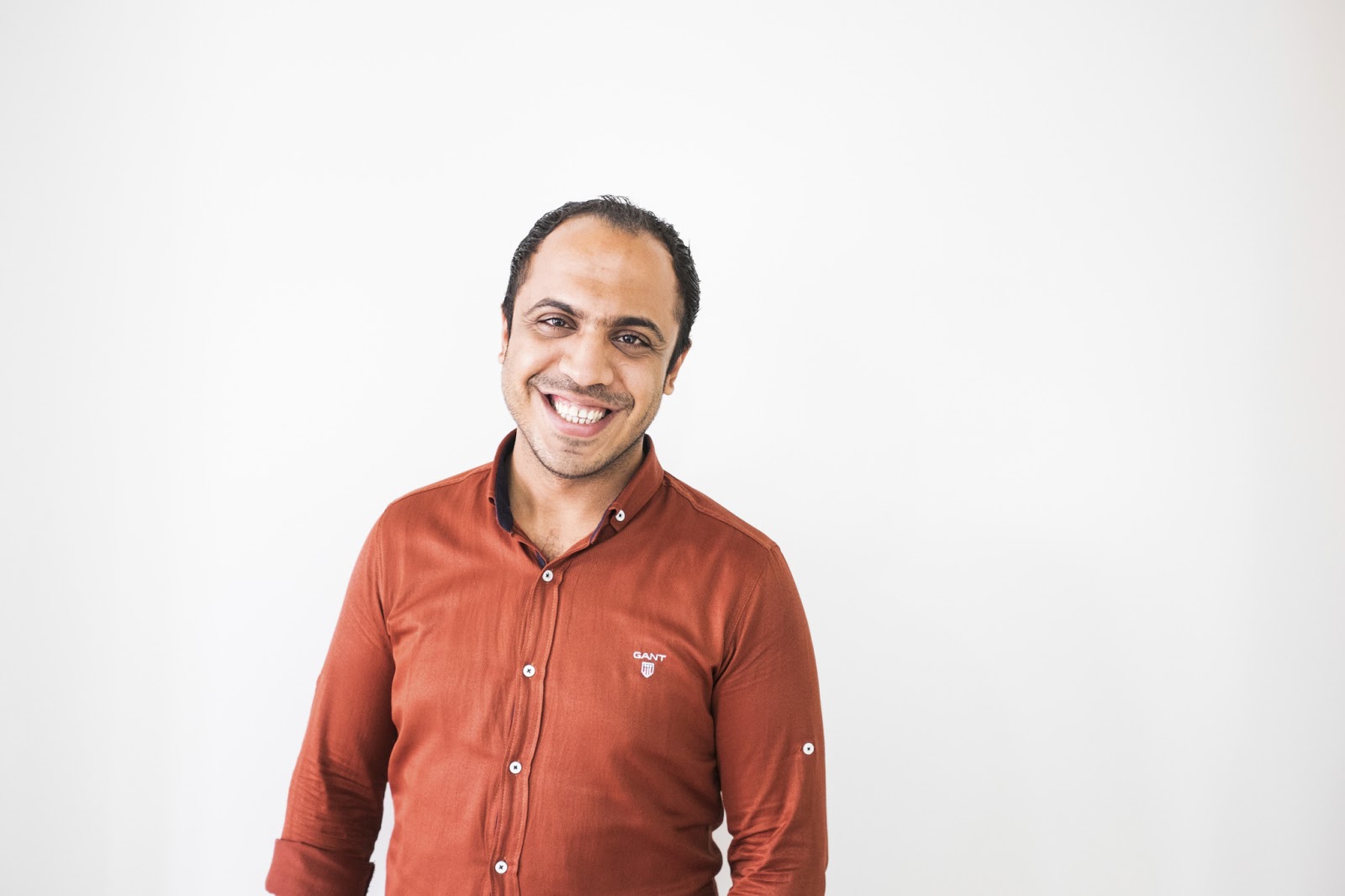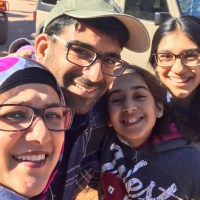Ramadan—the holiest of Islamic holidays—has started. Around the globe, Muslims are gathering to pray, fast, and take meals together—to have a spiritual restart.
This year, we asked two families in our Preemptive Love community—the Qureshi-Rehmans and the Ibraheems—if they would chronicle their journey through Ramadan. While both Muslim, the Qureshi-Rehmans live in the US and the Ibraheems in Iraq.
Over the month of Ramadan, both families will be sharing their thoughts and experiences on Instagram.
Whether you’re Muslim or not, we hope you’ll enjoy walking with these two families and learning more about Ramadan through different cultures and different families.
The Qureshi-Rehmans
The Qureshi-Rehmans live in Florida. Nabil Rehman was born and raised in Toronto, Canada by his parents, who migrated from Pakistan in the late 1960s. He works as a software engineer.
His wife Saadia Qureshi was born in Pakistan but moved to the US with her family when she was 3 years old. Saadia also works with Preemptive Love as a coordinator for The Frontline, our community of monthly donors who also show up to wage peace in their communities.
Saadia and Nabil’s children, Hafsa and Samiya, both attend public school. Hafsa, 16, wants to pursue a political science degree. Samiya, 12, wants to be an interior designer and mental health therapist.
Together, the Qureshi-Rehmans love to travel and try local restaurants. They are active in their local Muslim community.
When I ask what their family looks forward to most at Ramadan, they talk about the extra time they’ll spend together as a family and with their Muslim community. While getting up early to eat the pre-dawn meal can be tiring, there is also something to be enjoyed in waking up together to pray and eat: the feeling of togetherness, knowing that Muslims in their city, their state, their country, and around the world are in it, doing it with them.
They also look forward to eating extravagant meals with friends as they break each day’s fast, praying together, sharing struggles together, and making new memories. Throughout Ramadan they will also complete a few service projects, such as feeding the homeless or delivering food and supplies to a domestic violence women’s shelter.
“It’s not supposed to be easy. It’s supposed to be a challenge and a struggle to help us become more God-conscious.”
“We are all zombies, our eyes are half shut, but we are committed to having this memory for our kids,” Saadia says.
“Every year I ask my friend if she’s sure she wants to do it again. And she replies with an emphatic, ‘YES. Stop asking that.’ So we go, eat our sprinkle pancakes and hashbrowns—is there such thing as sleep eating?”
During the last ten days of Ramadan, there will be extra celebrations and opportunities to worship. The Qureshi-Rehmans love these last ten days—the increased togetherness, the time spent with friends. The men and boys play basketball, the women read the Quran and talk, the kids run around.
Then there’s the mini-carnival at their mosque the day after Ramadan, with snow cones and ice cream and henna booths. There’s games and food and time to celebrate together after a month of fasting and prayer.
But Ramadan isn’t all easy and fun. Fasting from all food and drink, even water, in the Florida heat can be taxing. Your brain is foggy.
This is particularly hard for Nabil and Saadia as they work, and for Samiya and Hafsa, who must still focus on their work at school and complete homework and final exams while observing Ramadan.
But as Saadia notes, “It’s not supposed to be easy. It’s supposed to be a challenge and a struggle to help us become more God-conscious. We have to be on our best behavior—control our tongues, our tempers.”
Saadia mentions that Ramadan is a lot like Christmas. For kids, Ramadan is about indulging after sunset (kids take their favorite junk food to the mosque to share!), late night drive-thru runs, and lots of gifts.
Saadia often lectures her kids on how Ramadan is not supposed to be a commercial holiday. Instead, it’s an opportunity to get closer to God, to deny your stomach while feeding your soul. It’s pushing yourself to become a better version of yourself for the next 30 days.

Ihsan Ibraheem
“Spiritually, you feel like you are more connected to God in this month than any other month…” Ihsan talks about the upcoming month of Ramadan with a broad smile that slowly spreads across his whole face.
Everyone in Preemptive Love’s Iraq office knows Ihsan as a man of God, a committed Muslim, and a man of peace.
But we also know Ihsan as a man of tea…many small cups of sugar-rich tea sipped at his desk throughout the day, while producing videos for our blog, social media, and donor reports.
Sometimes there is bread and cheese for breakfast over his keyboard. Sometimes, in the afternoon, a shared tin of chocolates sits where the edges of our desks meet. For eleven months of the year, our daily pattern involves drinking and snacking at our desks as we work.
Then comes the month of Ramadan, when Ihsan gives up being a man of tea… and presses into being a man of God and peace.
Ramadan is a special month, not just for Middle Easterners, but for all Muslims around the world. Ihsan and many others look forward to this month the whole year. Ihsan anticipates the arrival of Ramadan, when the thin crescent of new moon is spotted in the sky, like the best gift of the year.
When Sha’ban, the month before Ramadan starts, Ihsan and many others begin preparing themselves.
Spiritually, Ihsan prepares his heart for an intense time of focusing on God. He checks if he needs to make up any days of fasting he missed the previous year, because of sickness or traveling. He reads the Quran, the holy book that sets out the tenets of his faith.
“There is a commitment,” he says. “You need to be pure.”
For so many Muslims, one of the things that makes Ramadan special is spending time with family. There are so many special memories made. For Ihsan, he will miss out on much of that this year. He is beginning Ramadan with his wife and children in the south of Iraq, visiting their extended families.
But by the end of this week, Ihsan will return to northern Iraq alone. This year, Ihsan will set new Ramadan patterns and traditions on his own, while his family remains in southern Iraq.
For Ihsan, Ramadan will mean giving up more than food and tea. While he looks forward to this season for deepening his faith, he also looks forward to celebrating the end of Ramadan, reunited with his family.
Ramadan is a beautiful month, one of reflection and prayer. It’s a month for community and acts of service. Around the world Muslims are praying and fasting, observing this most holy tradition. Will you join Ihsan and the Qureshi-Rehmans in their journey through Ramadan?


